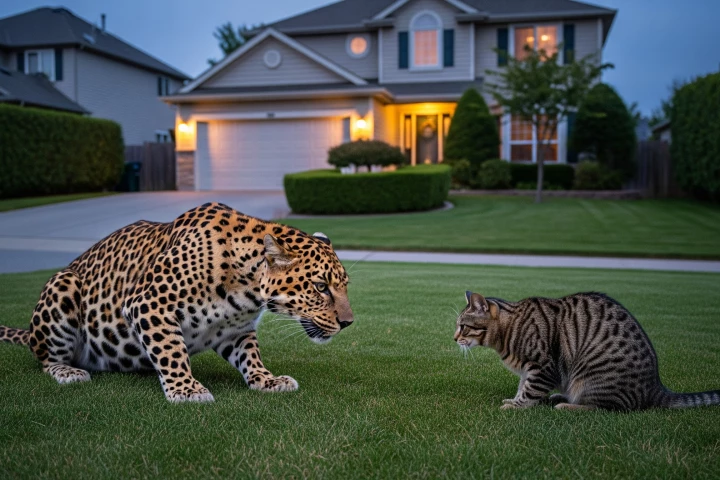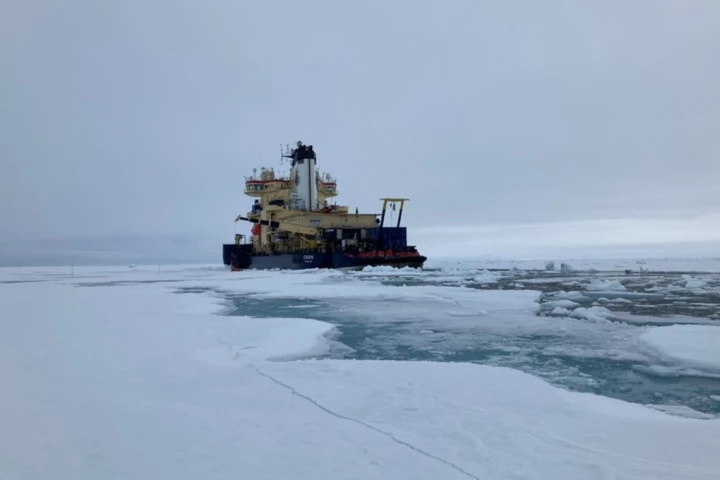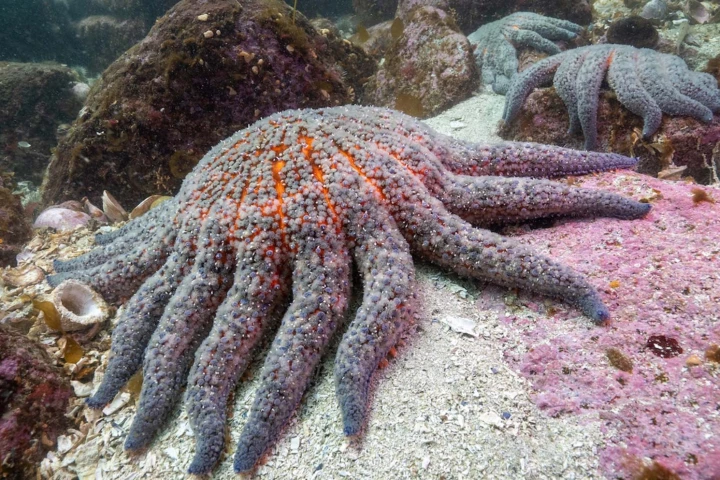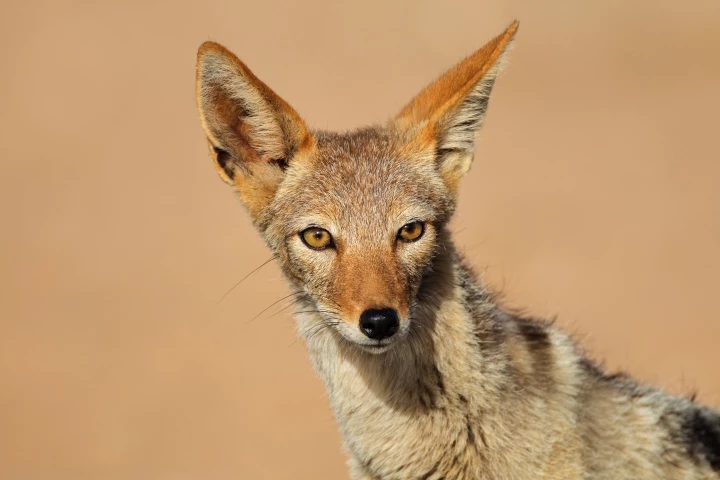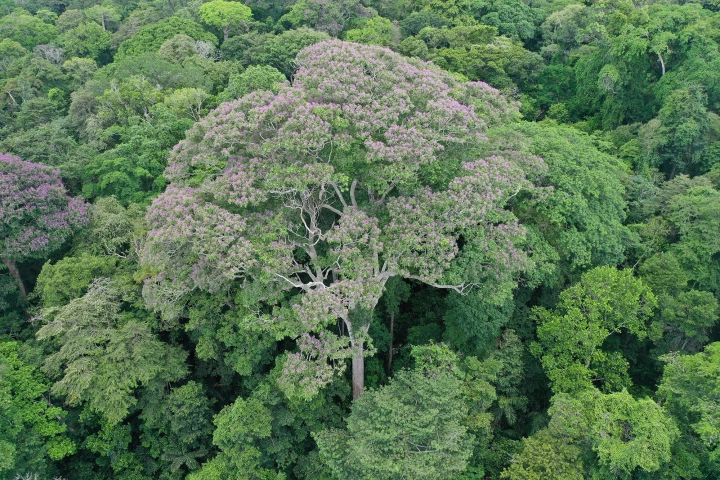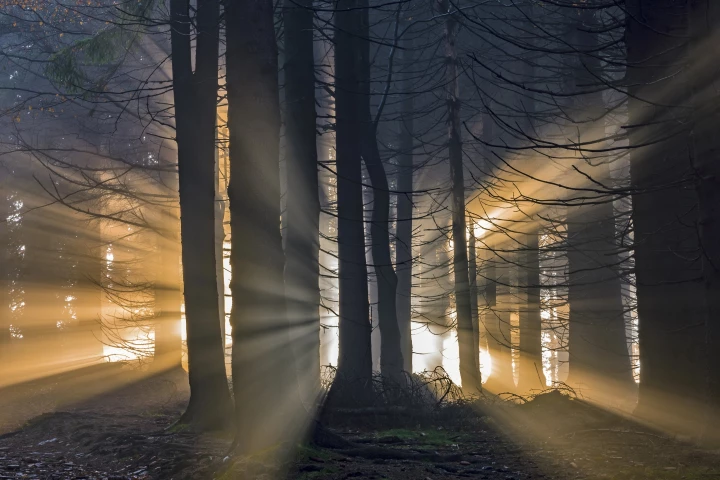Ecosystem
-
In recent months, AI-generated wildlife clips have flooded social media, merging real animal behavior with playful fabrications but scientists warn that these digital deepfakes can distort people’s sense of what the natural world looks like.
-
Nitrogen fixation is a process where certain microbes convert nitrogen gas into ammonium, a form phytoplankton can use. This wasn't thought to happen in the Arctic, but new evidence suggests it might, offering a fresh supply of nitrogen to fuel life.
-
Deep underground in a dark, sulfuric cave, scientists have made an incredible discovery – a giant communal spider web spanning more than 1,000 square feet, home to an estimated 110,000 spiders that defy nature to coexist in harmony.
-
In the largest study of its kind, scientists have documented the seismic shift in animal size over the last 1,000 years, with domesticated species becoming larger as wildlife gets smaller. It underlines the impact of one species in particular – us.
-
A mysterious marine epidemic has killed billions of sea stars from North America’s Pacific coast. After more than a decade of unanswered questions, scientists have finally traced the disaster to a single bacterial species.
-
Scientists have discovered 230 new giant viruses (girus) found to be the unseen engineers of marine ecology, impacting global carbon cycling and energy flow across the world’s oceans.
-
More than a third of large animals that feast on dead animals are struggling to survive, and a new report from scientists warns that their downfall could present a serious risk to human life, with an uptick in zoonotic disease spread as a result.
-
Each year lightning kills hundreds of millions of trees worldwide, leaving behind scorched trunks and shattered branches, but one species of tropical tree in Panama has turned this destructive force of nature to their advantage.
-
Remarkable research has unlocked new understanding of the mysterious ways trees communicate and share knowledge – and much like in the animal kingdom, the wisdom of age plays a key role. In fact, you may never look at a tree in the same way again.
-
Scientists have charted how dinosaurs rose to prominence using a pretty unconventional method. They studied, in dirty detail, hundreds of samples of fossilized poop and vomit.
-
Pythons have famously cartoonish eating habits, and they might be even better at it than we thought. A new study has found that Burmese pythons can eat even larger prey than was thought mathematically possible.
-
This serene gap between Pyrenees mountains becomes abuzz with flying insects each year, as they journey across Europe. We may not always like to live with them, but we can't live without them – so paths like this are critical for all life on Earth.
Load More
